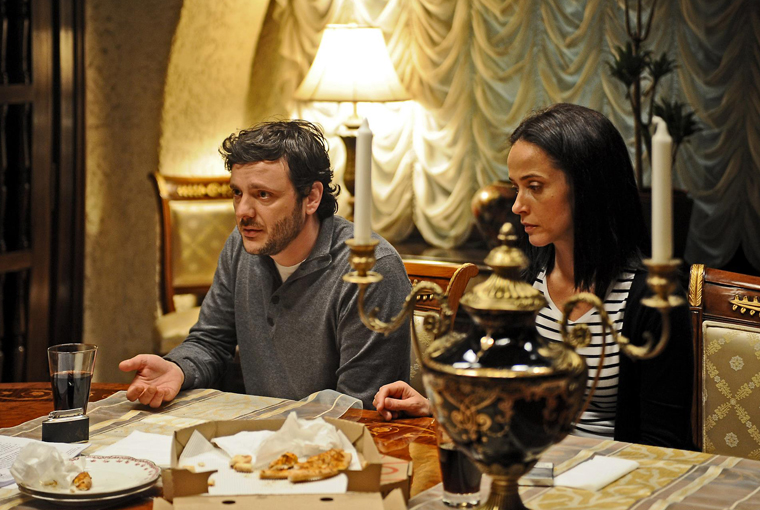
Last week, we gave a short ouline on the political situation in Hungary in our Editorial. Today, we turn to media politics, thus hoping to round off our contextual introduction to the country that forms our regional focus in 2013.
As mentioned last week, the worrying changes that Viktor Orban undertook since becoming prime minister with his center-right party Fidesz in 2010 have had a considerable impact on the Hungarian film industry. The Hungarian Motion Picture Foundation (MMKA), the institution originally handling the funding of Hungarian films, went bankrupt in mid-2010 when the government announced it would discontinue giving financial support, a decision that caused a year-long hiatus in film production. In 2011, Andrew G. Vajna, a Hungarian-born American producer whose credits include Terminator 3, was appointed as government comissioner, and the Hungarian National Film Fund with Agnes Havas as chief executive was set up, leaving the MMKA out of business.
Last week, Béla Tarr, who serves as head of the Hungarian Filmmakers’ Association, announced in an email statement that the Hungarian Film Week wouldn’t be organised this year because, he said, there was nothing to screen or celebrate. Meanwhile, the Hungarian National Film Fund is reportedly planning to set up its own national film event. The Hollywood Reporter quotes Vajna criticizing Tarr: “All he does is write letters to newspapers instead of trying to do something to help this business.“ On February 2nd, the Filmmakers’ Association will host a General Assembly in Budapest, but it seems unlikely that any of the pressing problems in Hungary’s film industry will be resolved anytime soon.
This insecure picture of the Hungarian film industry makes it difficult to draw upon new films in our journal. Already having talked about some of the recent productions with international exposure (Szabolcs Hajdu’s Bibliotheque Pascal, Benedek Fliegauf’s Just the Wind, Peter Strickland’s Katalin Varga, Béla Tarr’s The Turin Horse), the selection is limited. This month, then, we looked at some older films for our Retrospectives section. Moritz Pfeifer saw Indul a bakterház, a Hungarian TV comedy from 1980, whereas Konstanty Kuzma looks at the problem of meaning-production in Miklós Jancsó’s Wake Up, Mate, Don’t You Sleep.
Kuzma takes a similar angle in his essay on Zoran Todorović’s work, which we reviewed for our Video Art Special which was originally scheduled to be published during our Balkan focus 2012. Besides Todorović, whom we also interviewed, we looked at the work of Ladislav Galeta (review, interview) and Sanja Iveković. Finally, after our review from Cannes, Alina Popescu takes another look at Beyond the Hills, focusing on its reception in Romania.
EEFB editors
Moritz Pfeifer & Konstanty Kuzma




Leave a Comment